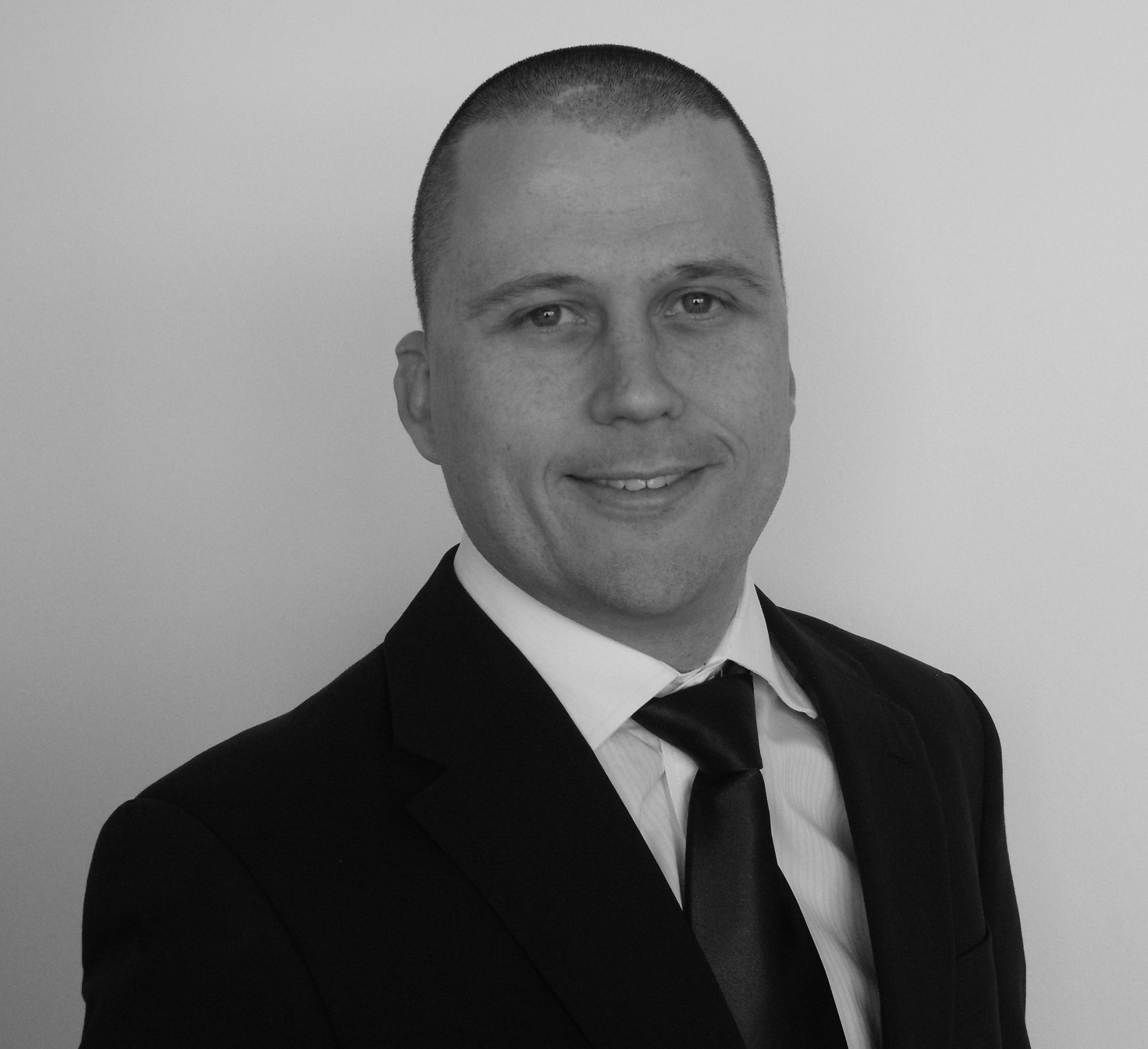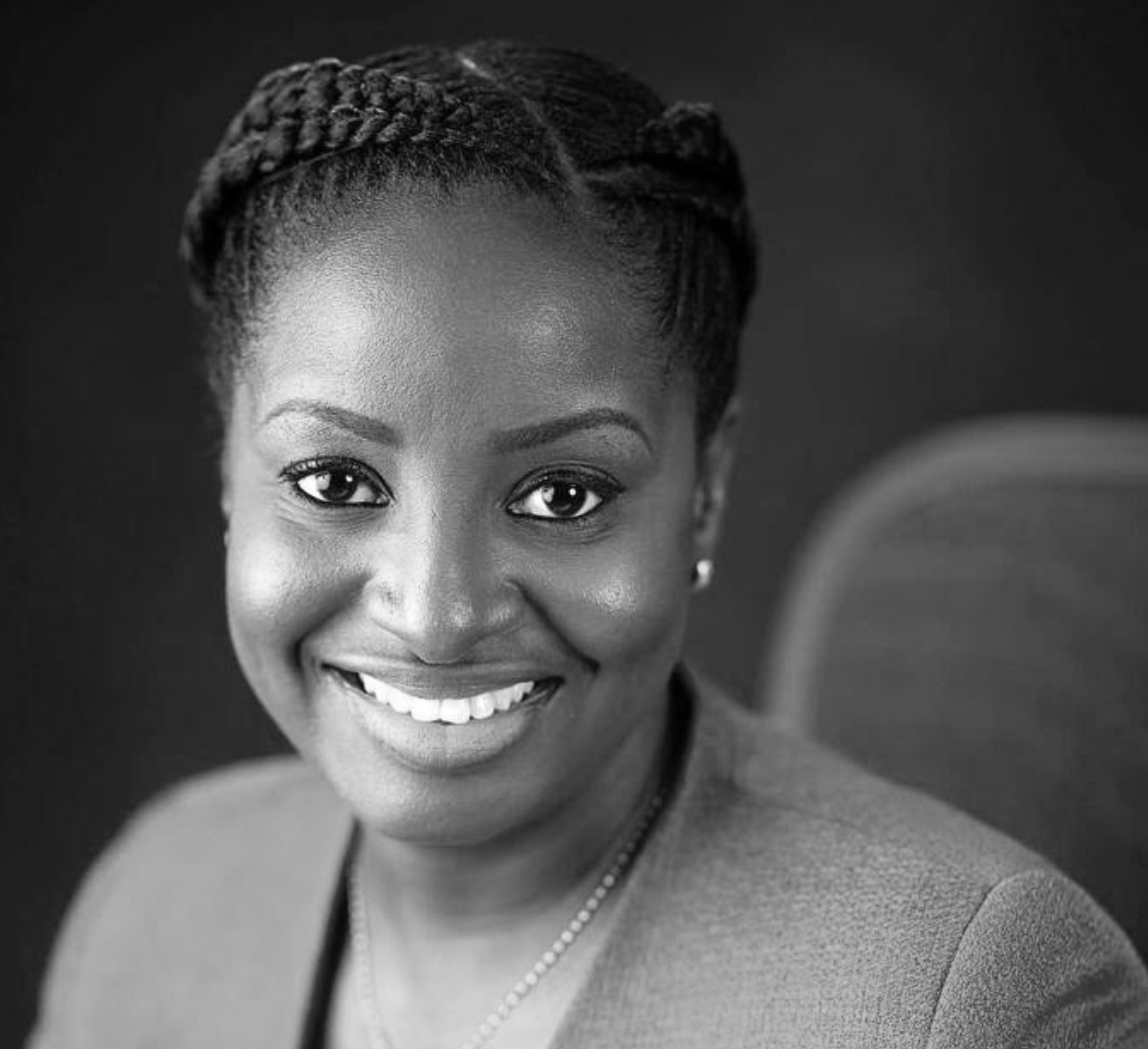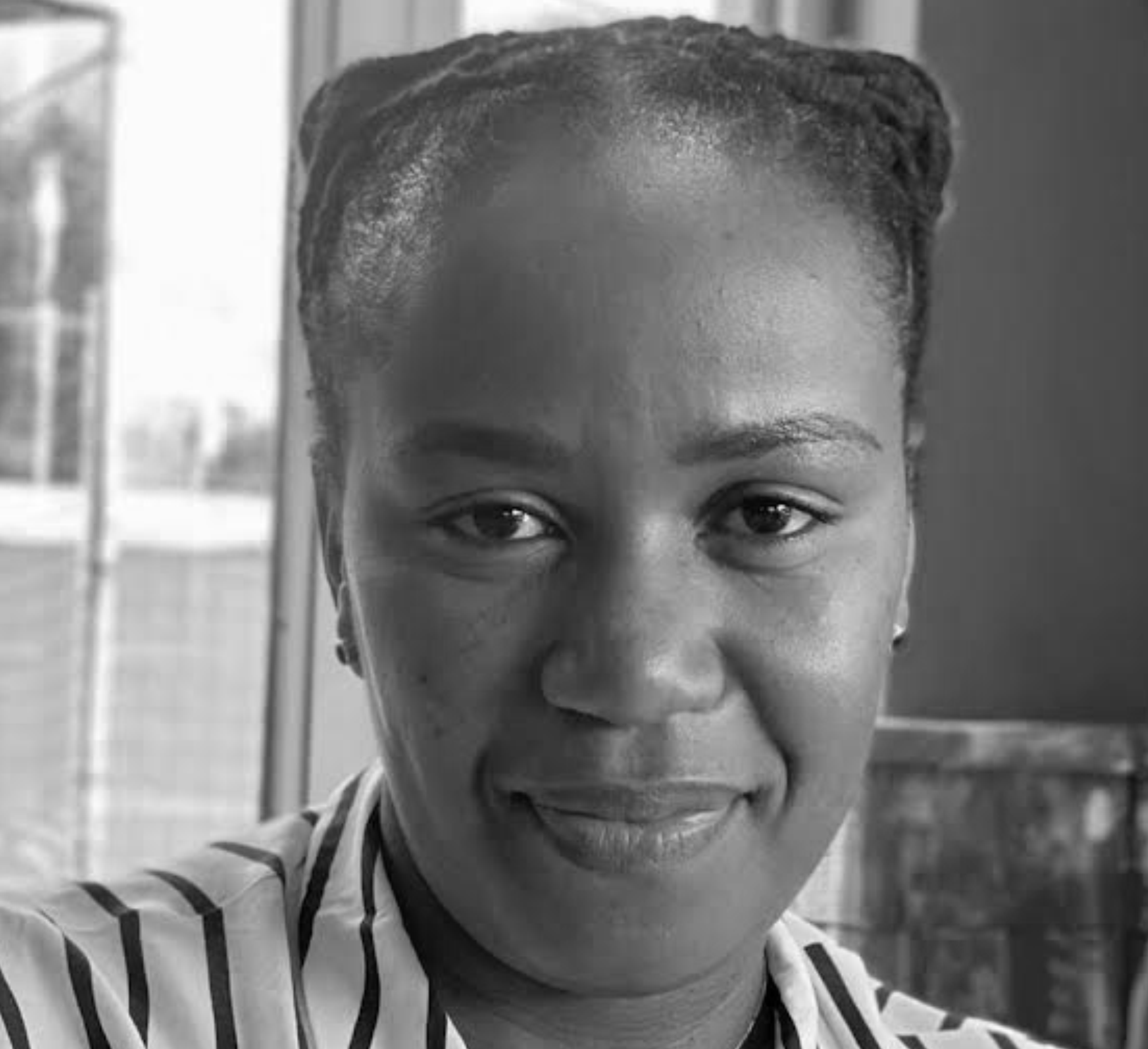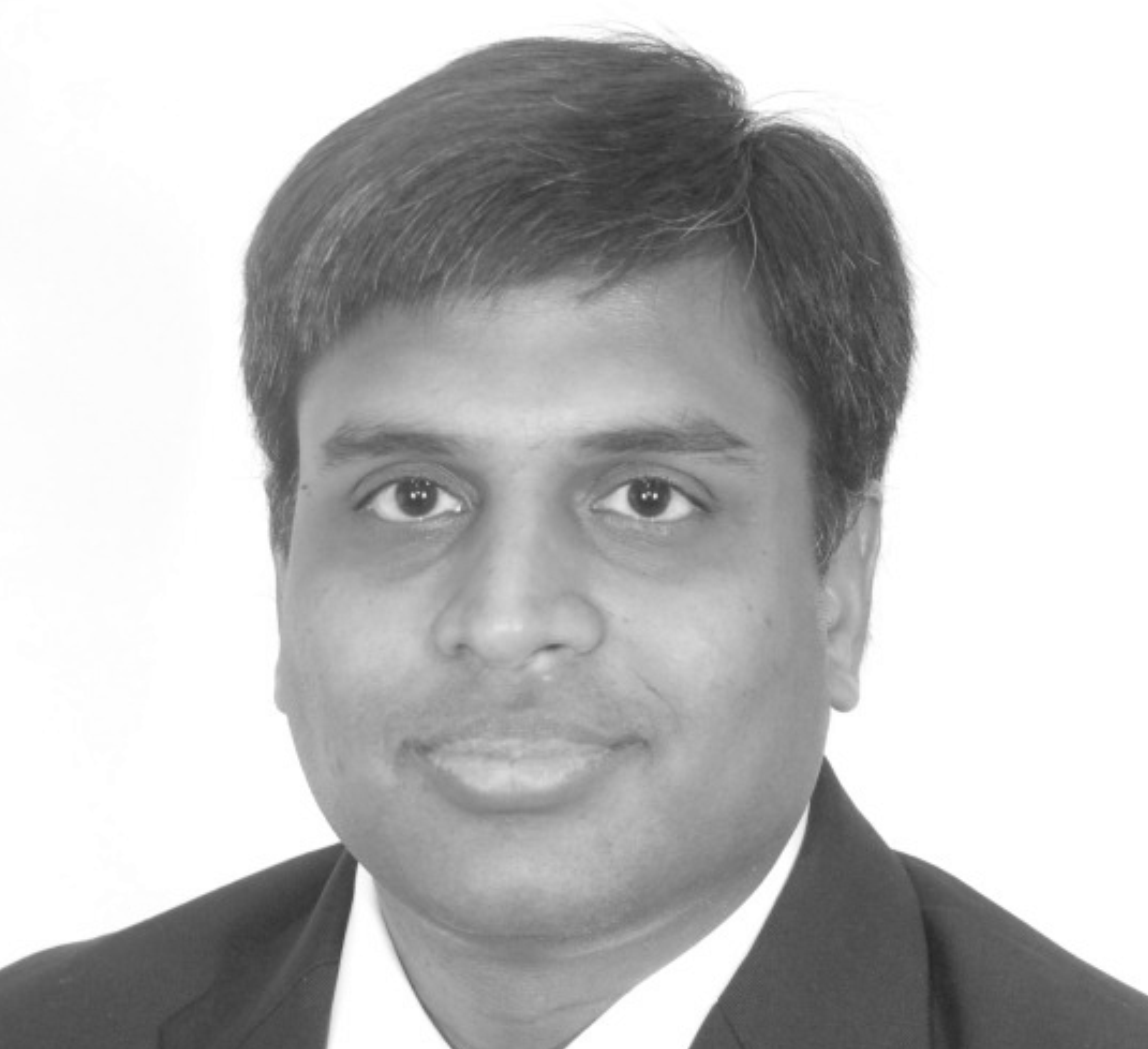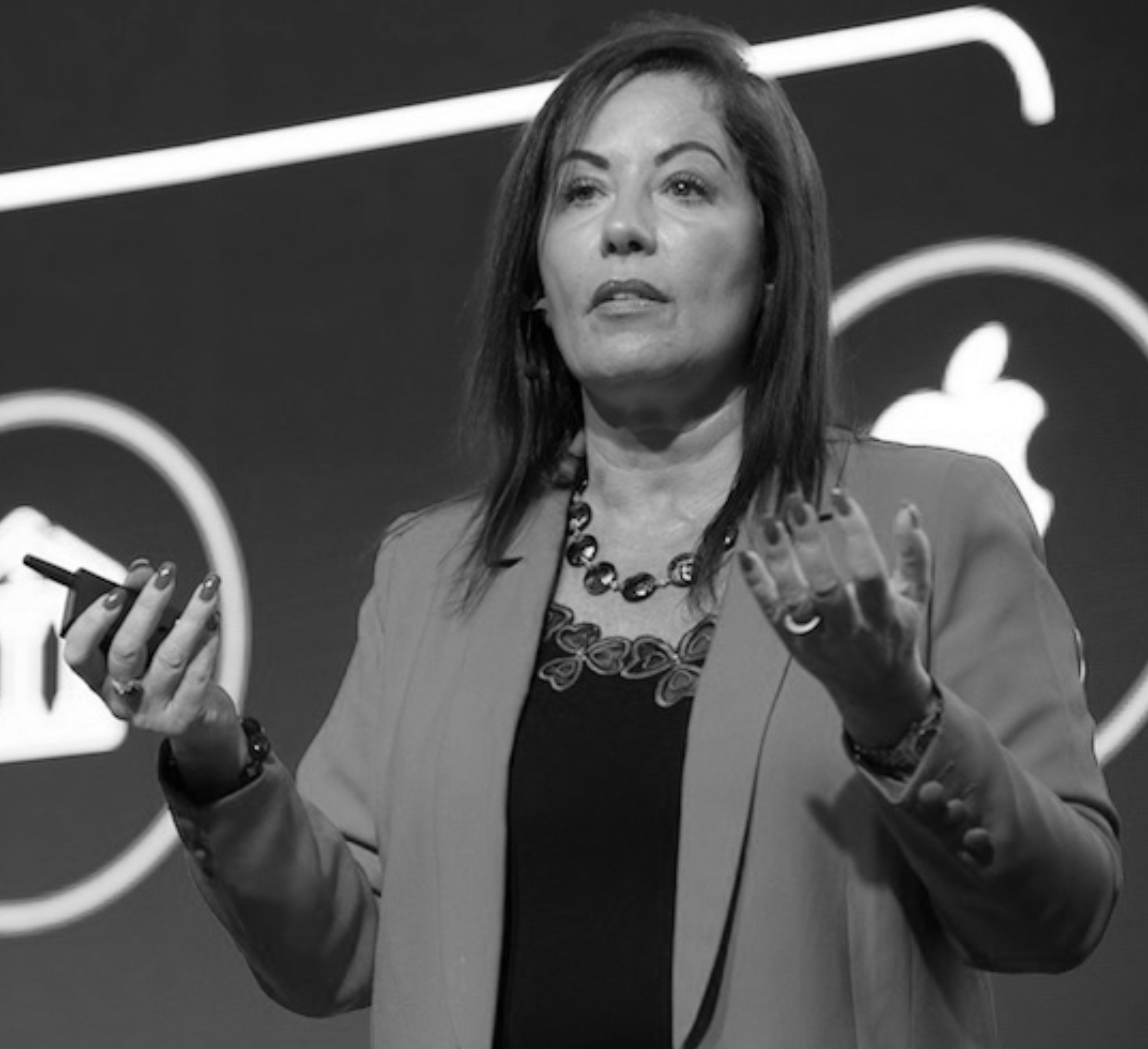178: Dean Schweizer
An affinity for accounting leads to a globe-trotting career

Today’s podcast is sponsored by Draftworx, which provides automated drafting and working paper financial software to more than 8000 accounting and auditing firms and corporations. CFO Talks is a brand of the South African Institute of Business Accountants.
Dean Schweizer is CFO of Astoria Investments, a public company listed in Mauritius, with investments in sectors like retail, mining, alternate gaming, education and asset-backed finance into the vehicle trade industry.
Dean simultaneously wears another hat as financial manager of RECM Global and that’s an investment advisory business, which is the appointed investment advisor to Astoria. Previously, he was head of finance and fund services at Regarding Capital Management. Prior to that, he was a senior manager at Ernst & Young with deep roots into the audit business. Welcome Dean, where are you at the moment?
Thanks very much, it’s great to join you. Ciaran, we were living in Mauritius for a three-year period between May 2018 and June 2021. Having come from a Swiss background and being a Swiss citizen we decided to relocate to Switzerland in June last year. So we’re in the German-speaking part of Switzerland, in a town called Altdorf, it’s about 30 minutes south of Lucerne.
I’m interested to hear about Astoria Investments, which is based in Mauritius and it’s listed on the Mauritius Stock Exchange, is that right?
That’s correct, it’s got a primary listing on the Mauritius Stock Exchange, as well as on the AltX on the Johannesburg Stock Exchange. Astoria Investments is an investment holding company, it was founded in 2015 by the previous group that started it. It was originally started to be a rand hedge for South Africans, it raised capital in South Africa and it then took that money and invested it globally into blue-chip listed stocks. So it’s a listed company that’s primarily focused on unlisted investments at the moment and the real thinking behind it is that it gives the average man in the street the ability to go and invest in unlisted businesses by owning one listed stock.
Can you run through some of the brands or businesses that people may be familiar with?
The single largest investment that Astoria currently has is into a company called Outdoor Investment Holdings, which started out as a very small retail store in Stellenbosch, focusing on photographic and hunting-related equipment. It now has a very niche brand called Safari and Outdoor, which is a big hunting and outdoor brand of shops, their biggest stores are in the Johannesburg area. We’ve got just under 38% ownership into that business and we actually saw tremendous growth and results from them during Covid and the lockdown.
I think a lot of South Africans who would have travelled internationally, obviously then focused on staying locally, which resulted in the local businesses actually doing quite well.
Then we’ve got two exposures to mining operations, one is through a partnership that owns just under 1% of Afrimat, a listed mining business. Then as of December 31 we had a 35.5% interest into Trans Hex, which used to be listed on the JSE and was in diamond mining. It was delisted a few years ago and management being able to run an unlisted business without all the red tape of being listed, has really managed to turn that business around and we see great prospects for that going forward.
Then we have an education business that focuses on teaching people to become beauticians and hairdressers and so on. It’s called Isa Carstens and it was started by a family in Stellenbosch, they’ve got operations in Stellenbosch and Pretoria, and we own just under 50% of that with the founding family being the other 51%.
The asset-backed finance business into the vehicle trade industry falls under the name Vehicle Care Group and they primarily focus on giving finance to vehicle dealerships who need to buy additional stock for their floor, but they don’t have the cash to do it.
What is the attraction to be based in Mauritius as a business?
I think a big thing for Mauritius is that South Africa very often sold itself as the gateway into Africa and certainly when I was in South Africa it seemed that way to me. When I got to Mauritius and started meeting people who ran businesses from Mauritius and who had operations in Africa and spoke to them, a lot of the time I realised that for them it was far easier to base themselves in Mauritius if they were focused on Africa and in particular India because there were preferential agreements between Mauritius and India.
But the lack of exchange control in Mauritius, the amount of expats and very successful businesses in Mauritius just means that you – not to say that there aren’t successful businesses in South Africa – but the concentration was quite high with the people you’re engaging with.
It certainly made sense for Astoria to remain listed in Mauritius from an ability to approach investors in Europe and outside of Africa because of the lack of exchange control.
They can invest into the company and it’s very easy to do distributions back to them, there’s no exchange control applications, there’s no going through the South African Reserve Bank when bringing money into or out of the country. It’s a fairly simple process. That certainly has remained a huge benefit for Astoria and then obviously being able to have dollar-based financial statements and dollar-based reporting into Europe, as well as the States if you are looking for investors or looking to make investments into either of those jurisdictions, it does help.
Let’s talk about your growth as an accountant, you were educated at the University of Cape Town, you’re a CA and you started off at Ernst & Young, just give us a bit of background into your career journey.
Yes, I was educated at UCT, I did accounts at school and enjoyed it and when my dad heard that I enjoyed it, he said become a CA because once you understand a business, you can go and work in any business. So that was his advice, which was interesting because he was not an accountant, he was in the printing industry, but he did have his own business and I think it probably would have gone a lot smoother for him if he maybe understood the numbers a bit more.
I spoke to people in the accounting industry, and they said if you’re going to become a CA, then do a BCom if accounting and a CA is your focus. After graduating I managed to get a seat into Ernst & Young, they were very short-staffed, and a friend of mine said they’re looking for more people, why don’t you come in for an interview, which I did, and I very thankfully got offered a position and started with them in 2016.
About two years later I got put onto the Regarding Capital Management audit team for a handover, it was a new client to EY, so I was part of the team to bring it on. Then at the end of the third year of articles I was enjoying audit and I stayed on as an assistant manager at EY. I probably learnt more in that first year as an assistant manager than I did in the previous three years of articles. I decided to stay on at EY for as long I was still being challenged and as long as I was enjoying it.
Some of these things that you’ve learnt along the way in your career, are they things that you can learn in the classroom or are these things that you gain by experience?
I think without knowing the technical ability from the classroom, you don’t get the opportunity to get the real-life experience. I was by no means an A+ student, on certain subjects I am pretty certain I was a push through. They always say you need the piece of paper to get in the door but once you’re in the door, it’s what you know and how you apply it that really counts. Some of the people I went to university with viewed three years of articles as a prison sentence and then they can get into the real job market.
I think for those people in the three years they probably didn’t learn that much because they were just trying to get through a process. Then for the people who enter articles or any training contract and say, I’m here to learn and I’m going to make the most of it, they will come out at the end of it better off and more rounded.
If you’re willing to put your hand up and say I don’t know the answer but I’m willing to try, I’m willing to learn, attitude goes a long way in people being willing to help you.
The South African Institute of Business Accountants has a designation CFO (SA), which is really to recognise the skills that are required in the journey towards becoming a senior finance executive. Things like the softer skills, strategy, team leadership, management, communication, which is a crucial skill that is needed at your level. These are things that you’re going to learn along the way and not in the classroom.
A prime example, if I think back to my time at EY, obviously at the end of articles I had been on the Allan Gray audit and I stayed on it. The senior manager resigned and we didn’t have someone to step in immediately to the senior manager role, so I went to the partner at the time and I said I know I’m newly-qualified, I know I don’t have the experience but I want you to be able to give me an opportunity to see if we can run this together so that I can be exposed to more and learn more.
He said let’s give it a go and then with me being newly qualified I had the opportunity to try and extend myself and work at a higher level than what I was probably ready for. But because he was willing to give me the opportunity and willing to work with me, I was able to do it. I didn’t meet the requirements and I wasn’t able to deliver on everything, purely because I didn’t have that experience yet. But because he was working with me, I was able to say to him, look, I’m not coping now, and he was able to say now is the time to get somebody else in who can do it.
It does mean though that the next time I was put into a situation where I wasn’t quite ready for it, I had experience in how to deal with it and looking for ways in which to deal with it. So sometimes you’re going to try something and you’re going to be able to do it first time and sometimes you’re going to try something two or three times and you only get it right on the third or fourth attempt.
I think the important thing is that when you are being stretched out of your comfort zone, ideally you want somebody who is going to catch you if you fall or at least try and help you when you fall.
Are there any books that you are reading or that you would recommend?
I’m really not a book person and I do struggle to get through books, I know I should read more, and I try to force myself to. But a book that I have read, and I want to go back and read again is The Outsiders: Eight Unconventional CEOs and Their Radically Rational Blueprint for Success by William Thorndike. It’s a book that’s very much focused on the area that I currently work in business.
I actually tend to be drawn more towards documentaries based on real life experiences. Netflix has great documentaries like 14 Peaks, it’s a great documentary about looking at constructs of what people thought were the constructs and saying I think I can beat this and setting a goal and a process in place to try and achieve it. So I don’t read a lot of books but I like to watch inspirational documentaries and it really shows you how people have overcome difficulties.

